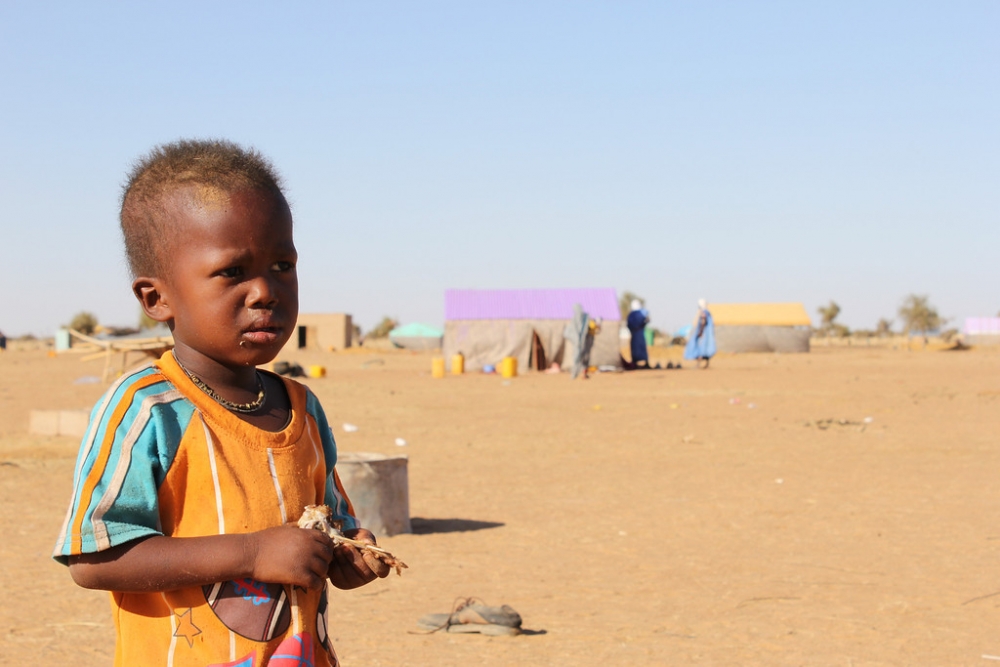UN allocates $30 million for emergency relief in the Sahel

The UN’s Central Emergency Response Fund (CERF) has released $30 million for relief efforts in the Sahel. The Sahel is currently suffering from an acute drought, high food prices and worsening insecurity.
Across the West African region thousands of families have exhausted their food reserves and have very limited levels of food. The UN estimates that 1.6 million children could be at risk of developing life threatening levels of malnutrition.
Approximately 5 million people are in need of food and livelihood assistance with food stock levels expected to be at their lowest in years.
Mark Lowcock, Emergency Relief Coordinator, CERF, commented:
“To avert a catastrophe, we need to act early to get assistance quickly to the most vulnerable people. The window of opportunity to help these communities during the lean season and the most difficult months ahead is closing soon”
“CERF is without question one of the most effective ways to get urgent aid to people who need it the most.”
The funds will enable humanitarian agencies to reach those affected, with the most severely affected being prioritised. Burkina Faso, Chad, Mali and Mauritania have a notably severe situation.
In Chad a $10 million allocation will provide food security and nutrition assistance to around 500,000 people, in recent months the number of children suffering from acute malnutrition in the country has doubled.
Burkina Faso has been allocated $9 million to treat acute malnutrition and provide food assistance, in recent years Burkina Faso has experienced an increase in insecurity and a deteriorating food security situation.
Mali, which has experienced a 50% increase in food insecurity, will receive $7 million to support life saving activities. Mali’s food security has been severely affected by ongoing conflict in the country.
The remaining $4 million has been allocated to Mauritania to enable the provision of food, nutrition and livestock assistance.
Although Niger and Senegal are also experiencing food security issues the CERF funding will not reach them.
Mark Lowcock emphasised that these funds alone are not enough to tackle the crisis as the funds are focused on providing immediate relief and are not long term solutions.
“I therefore call on all donors to do even more to help prevent a further deterioration of this situation. While we are responding to immediate life-saving needs of women, children and men, we must at the same time ensure that our response supports longer term solutions and resilience of the people of the Sahel.”
A total of $1.37 billion is needed to support the most vulnerable people in Burkina Faso, Chad, Mali, Mauritania, Niger and Senegal.
The AIDF Africa Summit will return in February 2018 for its 4th year.
If you’d like to stay informed on the latest updates in aid and development, please sign up for the AIDF newsletter.
Image credit: OCHA














